a harbour tale
A Smile of Fortune is one of Joseph Conrad’s lesser-known long stories. He was essentially a nineteenth century writer who anticipated and then lived into the modernist age of the early twentieth century, helping to shape its spirit of uncertainty, anxiety, and moral ambiguity. Even his own life and works share the contradictions of the era. He is best known as an author of mannish sea tales, yet he only achieved success with a novel set largely on dry land which had a woman as its central character (Flora Barral in Chance).
 He is now regarded as a great figure in the tradition of the English novel, yet he was Polish, and English was his third language. He’s also regarded as something of a conservative, yet his political views were scathingly radical (see The Secret Agent).
He is now regarded as a great figure in the tradition of the English novel, yet he was Polish, and English was his third language. He’s also regarded as something of a conservative, yet his political views were scathingly radical (see The Secret Agent).
A Smile of Fortune comes from his mature period (1911) and features the familiar Conradian device of a young sea captain who is confronted by a puzzling ethical dilemma. The first person narrator is a confirmed bachelor given to a philosophic approach to life, but whom Conrad cleverly makes vulnerable to the duplicities of the more experienced people around him.
He arrives at an island in the Indian Ocean to take on a cargo of sugar, but is also given an open invitation by his ship’s owners to do trade with a local merchant.
The trader turns out to have a brother, and the two of them have diametrically opposed characters: one is socially well respected, but is a brute; the other is a social outcast who wishes to ingratiate himself with the unnamed narrator.
For reasons he himself cannot fully understand, the captain opts for the outcast and allows himself to be drawn into his domestic life whilst waiting for his ship to be made ready. The principal attraction for this delay is a mysterious young woman, who might be the trader’s daughter, with whom the young captain becomes romantically obsessed.
The trader meanwhile is encouraging the captain’s attentions, whilst trying to lure him into a speculative commercial venture. It’s as if the young man is being lured and tempted on two fronts – the erotic and the pecuniary.
In typically modernist fashion, this conflict reaches an unexpected and ambiguous resolution which despite the captain’s commercial profit leads to his resigning his commission and heading back home.
Formally, it’s a long short story, rather than a novella such as The Secret Sharer and The Shadow Line with which it is frequently collected. And in terms of achievement, it seems to me to fall between the level of those excellent longer tales and the often embarrassingly bad short stories which Conrad turned out at the height of his commercial success.
It’s a story full of symbols and half-concealed inferences which is crying out for (at least) Freudian analysis, and can certainly be added to the list of lesser-known tales which deserve interpretive attention from anyone who admires Conrad’s achievement.
© Roy Johnson 2008
Joseph Conrad, A Smile of Fortune, London: Hesperus Press, 2007, pp.79, ISBN 184391428X
More on Joseph Conrad
Twentieth century literature
Joseph Conrad complete tales
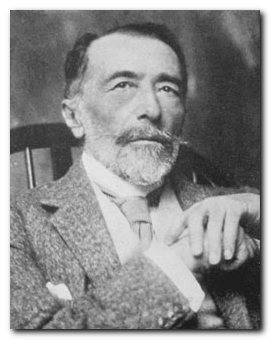
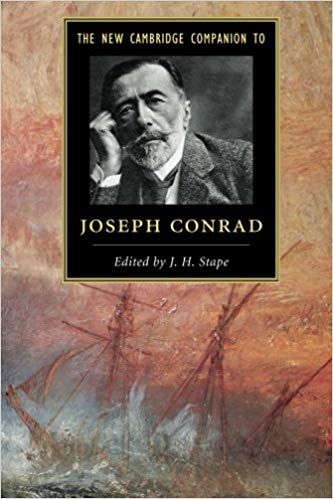
 At the outset of the novel Almayer thinks back to his earliest days in Macassar when Captain Lingard offered him a partnership in exchange for marrying his adopted Philippino daughter. Since then Almayer’s fortunes have sunk, and he yearns to become wealthy and return to Europe with his half-caste daughter Nina. He now feels distinctly hostile towards his wife – a feeling which is reciprocated. He sends Nina to Singapore to be educated amongst Europeans. The experiment is not successful, and she returns home. Lingard seems to be missing somewhere in Europe.
At the outset of the novel Almayer thinks back to his earliest days in Macassar when Captain Lingard offered him a partnership in exchange for marrying his adopted Philippino daughter. Since then Almayer’s fortunes have sunk, and he yearns to become wealthy and return to Europe with his half-caste daughter Nina. He now feels distinctly hostile towards his wife – a feeling which is reciprocated. He sends Nina to Singapore to be educated amongst Europeans. The experiment is not successful, and she returns home. Lingard seems to be missing somewhere in Europe.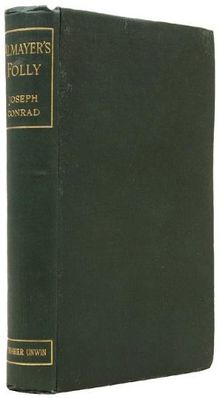
 An Outcast of the Islands
An Outcast of the Islands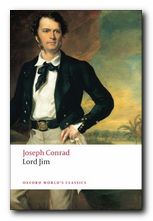 Lord Jim
Lord Jim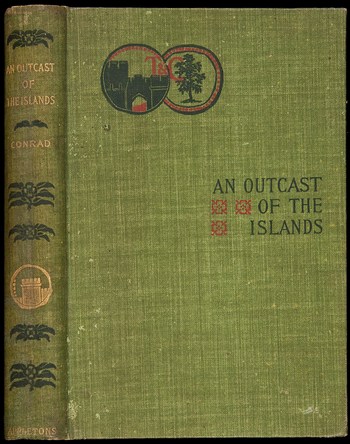

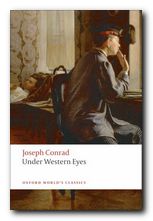 Under Western Eyes
Under Western Eyes Chance
Chance Victory
Victory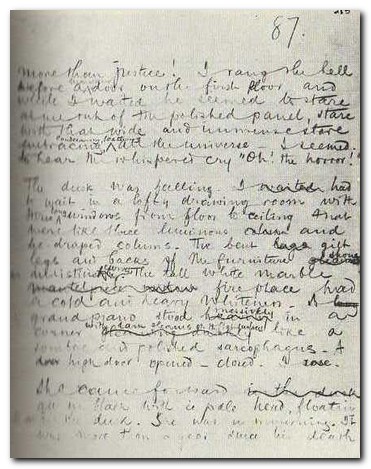
 The Cambridge Companion to Joseph Conrad offers a series of essays by leading Conrad scholars aimed at both students and the general reader. There’s a chronology and overview of Conrad’s life, then chapters that explore significant issues in his major writings, and deal in depth with individual works. These are followed by discussions of the special nature of Conrad’s narrative techniques, his complex relationships with late-Victorian imperialism and with literary Modernism, and his influence on other writers and artists. Each essay provides guidance to further reading, and a concluding chapter surveys the body of Conrad criticism.
The Cambridge Companion to Joseph Conrad offers a series of essays by leading Conrad scholars aimed at both students and the general reader. There’s a chronology and overview of Conrad’s life, then chapters that explore significant issues in his major writings, and deal in depth with individual works. These are followed by discussions of the special nature of Conrad’s narrative techniques, his complex relationships with late-Victorian imperialism and with literary Modernism, and his influence on other writers and artists. Each essay provides guidance to further reading, and a concluding chapter surveys the body of Conrad criticism. The Secret Agent
The Secret Agent


 Nostromo
Nostromo
 Marlow and his crew take the ailing Kurtz aboard their ship and depart. Kurtz is lodged in Marlow’s pilothouse and Marlow begins to see that Kurtz is every bit as grandiose as previously described. During this time, Kurtz gives Marlow a collection of papers and a photograph for safekeeping. Both had witnessed the Manager going through Kurtz’s belongings. The photograph is of a beautiful woman whom Marlow assumes is Kurtz’s love interest.
Marlow and his crew take the ailing Kurtz aboard their ship and depart. Kurtz is lodged in Marlow’s pilothouse and Marlow begins to see that Kurtz is every bit as grandiose as previously described. During this time, Kurtz gives Marlow a collection of papers and a photograph for safekeeping. Both had witnessed the Manager going through Kurtz’s belongings. The photograph is of a beautiful woman whom Marlow assumes is Kurtz’s love interest. Joseph Conrad’s Heart of Darkness is a good introduction to Conrad and criticism of the text. It includes a potted biography, an outline of the novella, and pointers towards the main critical writings – from the early comments by his contemporaries to critics of the present day. The latter half of the book is given over to five extended critical readings of the text. These represent what are currently perceived as major schools of literary criticism – neo-Marxist, historicism, feminism, deconstructionist, and narratological.
Joseph Conrad’s Heart of Darkness is a good introduction to Conrad and criticism of the text. It includes a potted biography, an outline of the novella, and pointers towards the main critical writings – from the early comments by his contemporaries to critics of the present day. The latter half of the book is given over to five extended critical readings of the text. These represent what are currently perceived as major schools of literary criticism – neo-Marxist, historicism, feminism, deconstructionist, and narratological.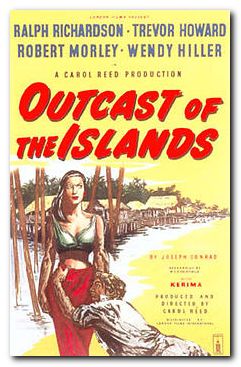
 The Complete Critical Guide to Joseph Conrad is a good introduction to Conrad criticism. It includes a potted biography, an outline of the stories and novels, and pointers towards the main critical writings – from the early comments by his contemporaries to critics of the present day. Also includes a thorough bibliography which covers biography, criticism in books and articles, plus pointers towards specialist Conrad journals. These guides are very popular. Recommended.
The Complete Critical Guide to Joseph Conrad is a good introduction to Conrad criticism. It includes a potted biography, an outline of the stories and novels, and pointers towards the main critical writings – from the early comments by his contemporaries to critics of the present day. Also includes a thorough bibliography which covers biography, criticism in books and articles, plus pointers towards specialist Conrad journals. These guides are very popular. Recommended.